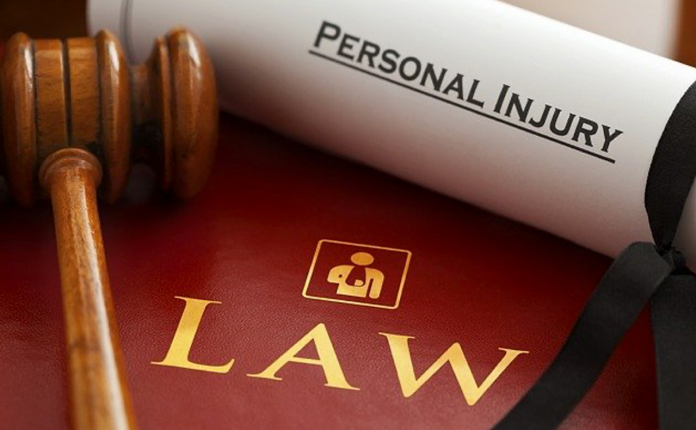If you’ve ever considered hiring a personal injury lawyer, you’ve probably wondered about one thing: How much will it cost? Legal fees can be a daunting subject, but personal injury attorney Thousand Oaks is here to inform you about the costs associated with hiring a personal injury lawyer and help you understand how it all works.
The Contingency Fee Arrangement
Let’s start with the good news: Many personal injury lawyers work on a contingency fee basis. What does that mean? Well, it’s pretty simple, really. Instead of paying an upfront fee, your lawyer will receive a percentage of the compensation you receive if your case is successful. This arrangement allows you to pursue your claim without worrying about immediate financial burdens.
Now, you might be wondering, “What’s the catch?” It’s important to note that if you win your case, the contingency fee could be higher than what you’d pay with other fee arrangements. But hey, it’s a fair trade-off for the peace of mind and access to justice you get, right?
Hourly Rates and Retainer Fees
Alright, let’s move on to another fee structure you might encounter: hourly rates and retainer fees. In some cases, personal injury lawyers charge an hourly rate for their services. This means you’ll be billed for the time spent working on your case, usually in increments (e.g., every 6 minutes).
Additionally, some lawyers may require a retainer fee, which is a sum of money paid upfront to secure their services. This fee is then used to cover the hourly rates and other expenses as your case progresses. Don’t worry, though—any unused portion of the retainer will be refunded to you.
Additional Costs and Disbursements
Legal fees aren’t the only expenses to consider. There are additional costs and disbursements involved in personal injury cases. These could include filing fees, court costs, expert witness fees, and obtaining medical records and reports.
But don’t panic just yet! Your lawyer will typically handle these costs on your behalf and seek reimbursement from the compensation you receive. It’s crucial to have clear communication with your lawyer to understand how these costs will be managed.
Fee Agreements and Billing Practices
Before you commit to hiring a personal injury lawyer, make sure you have a written fee agreement in place. This document outlines the scope of representation, the fee structure, and any additional expenses. It’s your assurance that both parties are on the same page.
Billing practices can vary among lawyers, so be sure to discuss this upfront. Some may send invoices on a monthly basis, while others bill at the completion of significant milestones in your case. Understanding the billing process will help you stay informed about the progress of your case and manage your expectations.
Conclusion
We’ve covered a lot of ground here thanks to personal injury attorney Thousand Oaks, and I hope it has demystified legal fees for you. Remember, hiring a personal injury lawyer such as personal injury attorney Thousand Oaks shouldn’t be a source of stress. By understanding the various fee arrangements, additional costs, and billing practices, you can make informed decisions and focus on getting the compensation you deserve.







